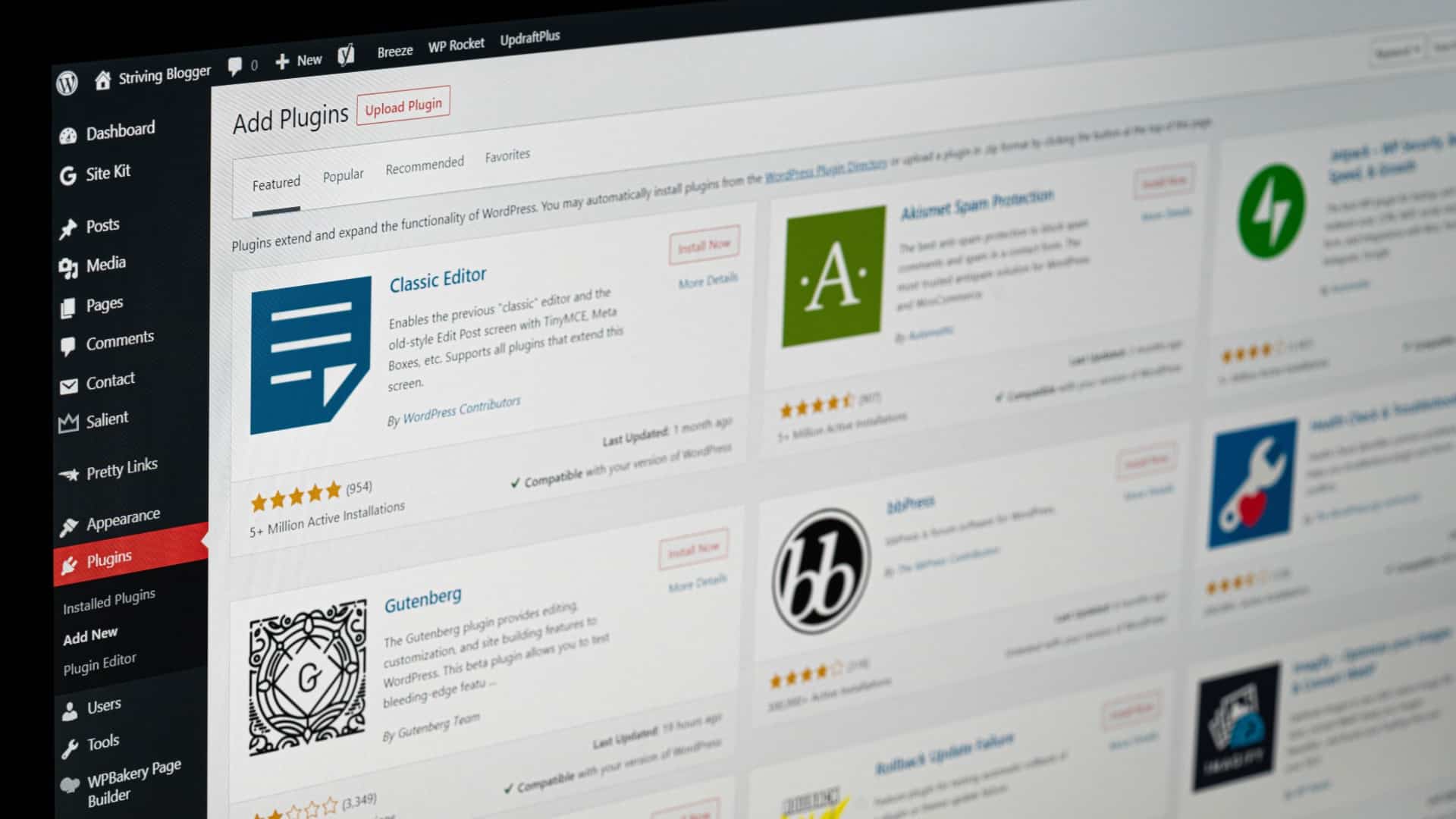Malware Prevention: In today’s digital landscape, website security is of paramount importance. Cyber threats, including malware attacks, pose a significant risk to websites, compromising data, damaging reputation, and causing financial losses. As a website owner, it’s crucial to take proactive measures to protect your website from these threats. In this blog post, we’ll explore essential malware prevention strategies to safeguard your website and ensure a secure online presence.
- Keep Software and Plugins Updated:
One of the most effective ways to prevent malware attacks is by keeping your website’s software, including the content management system (CMS) and plugins, up to date. Developers regularly release updates that address security vulnerabilities and patch any loopholes that hackers may exploit. Enable automatic updates whenever possible and regularly check for updates manually. By staying up to date, you minimize the risk of falling victim to known security vulnerabilities.
- Implement Strong Passwords and Two-Factor Authentication:
Securing your website begins with robust authentication measures. Use strong, unique passwords for all user accounts associated with your website, including the CMS, hosting account, and FTP access. Avoid common passwords and consider using a password manager to generate and store complex passwords securely. Additionally, enable two-factor authentication (2FA) whenever available. This adds an extra layer of security by requiring a second verification step, such as a unique code sent to your mobile device, in addition to the password.
- Employ Web Application Firewalls (WAF):
A Web Application Firewall (WAF) acts as a barrier between your website and potential threats, filtering out malicious traffic and preventing unauthorized access. It analyzes incoming requests, blocks suspicious IP addresses, and detects and neutralizes common security threats. Implement a WAF either through a security plugin or by using a third-party firewall service. A well-configured WAF can significantly reduce the risk of malware infections and other cyber attacks.
- Regularly Backup Your Website:
Data backups are an integral part of any robust security strategy. Regularly back up your website, including files, databases, and any important configurations. Store backups on external servers or cloud storage platforms to ensure they remain unaffected by any potential malware attack on your primary hosting environment. In the event of a security breach, having recent backups will enable you to restore your website to a secure and functional state quickly.
- Perform Routine Security Scans and Audits:
Regularly scanning your website for vulnerabilities and malware is essential for proactive malware prevention. Use reputable security plugins or online tools to perform comprehensive scans for malware, suspicious files, and outdated software. Additionally, conduct routine security audits to assess your website’s overall security posture. These audits can help identify potential vulnerabilities and take corrective measures before they are exploited by hackers.
- Educate Yourself and Your Team:
Cybersecurity is an ever-evolving field, and staying informed about the latest threats and best practices is crucial. Invest time in educating yourself and your team on website security best practices, such as identifying phishing attempts, practicing safe browsing habits, and avoiding suspicious downloads. Regularly follow reputable security blogs, subscribe to security newsletters, and consider attending webinars or workshops to stay up to date with the latest trends and techniques in malware prevention.
Protecting your website from malware and other cyber threats is an ongoing process that requires diligence and proactive measures. By implementing these essential malware prevention strategies – keeping software updated, employing strong passwords and 2FA, using a web application firewall, regular backups, routine security scans, and continuous education – you can significantly enhance your website’s security and minimize the risk of falling victim to malicious attacks. Remember, a secure website not only protects your data but also preserves your reputation and ensures a safe browsing experience for your visitors.


